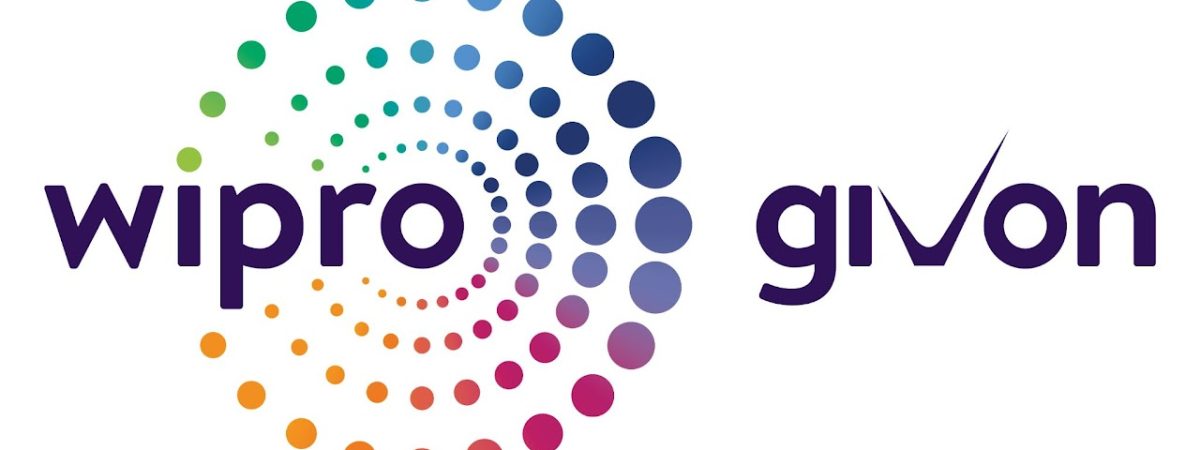
A Leader’s Duty to Financial Proactivity
In business, strong fiscal leadership has as much to do with preventing overspending as it does with innovating new ways to generate revenue. However, in an unpredictable economy, facing challenges like inflation, supply chain difficulties, labor shortages, and more, this is an increasingly difficult feat. As a leader in your company, you have a duty to financial proactivity – but how do you do that in the face of rising obstacles?
Proactivity isn’t punitive.
Reducing your spend – and thereby saving money – can sound punitive at a surface level, like going on a diet. No one likes being stingy or feeling like they must make budget cuts. Those decisions can be bad for business and staff morale.
Proactivity, in contrast, can look like a lot of different things, and not all of them are a painful exercise.
Think about indirect expenses.
Saving money can be harmful when it means making cuts to staff, services, or cutting corners with quality. Those decisions are sometimes unavoidable, but not what we recommend regarding a proactive strategy for long term financial health.
Instead, think about your vendors. Specifically, those for your operating costs. Things like your phone and internet services, courier, credit card processing, facility supplies, software, etcetera. Although these aren’t the core expenses your company has to produce or offer its services, they are critical to operations, and they certainly add up within your company’s budget. In fact, when you put them all together, indirect expenses can sometimes add up to as much as 20-30% of your overall spending.
These expenses are often overlooked.
Because these aren’t the core expenses in your budget – like staffing or the cost or product materials – it’s not unusual for these expenses to go unquestioned. The cost of a phone plan is the cost of a phone plan, right? And not much can be done for credit card processing rates, lots of people assume. However, this isn’t the case.
Oftentimes, vendors can charge more than is fair because their customers are missing two crucially important things; time and expertise in the service they’re paying for. Most C-level staff simply do not have the time to evaluate monthly or sometimes weekly invoices for billing errors and rate creep. Likewise, these invoices are often so deliberately complicated, that if you’re not specifically trained in that language, it’s like parsing out hieroglyphics.
In my experience, working with companies to lower these expenses, the time barrier is biggest component that allows these expenses to fly under the radar, building and building until they become a genuine budgetary problem.
Proactivity pays off.
When it comes to recurring, essential expenses – like those mentioned above – the sooner you reduce costs, the more money you save over time, the more of your revenue you hold onto. When it comes to these indirect expenses, sometimes the best thing corporate leadership can do is outsource this concern, to find an entity with the expertise and specialization to help them. Whether this be a cost reduction consultant, a group purchasing organization, or other professional service, utilizing these resources can give your business a competitive advantage in a difficult economy.

















